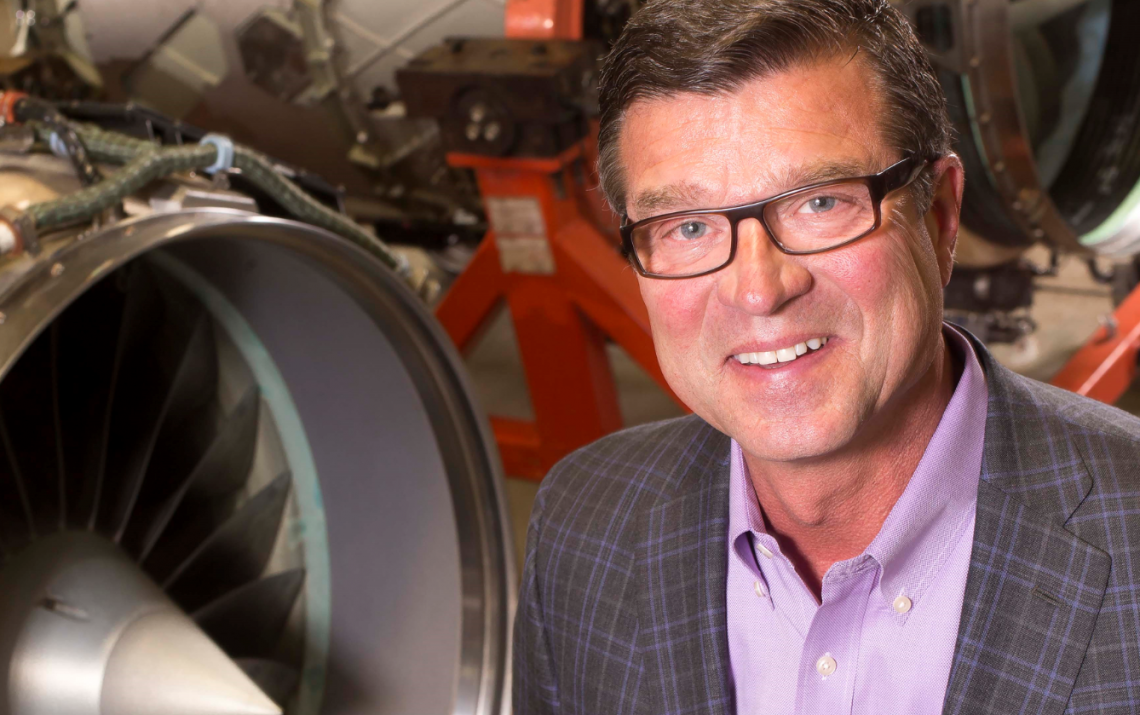Apple, Intel, Salesforce.com and Microsoft were just a few of the big corporate names protesting Arizona’s controversial bill known as SB 1062, a law that would allow employees and workplaces to discriminate against people based on their religious beliefs.
But before they added their voice, The Arizona Technology Council had taken a leadership role in organizing a large portion of the business community to speak out against it, and warned of the potential economic havoc it could create.
As the driving force behind making Arizona the fastest growing technology hub in the nation, the council has a number of priorities, not the least of which is maximizing its impact on public policy on behalf of its members.
“Our public policy committee spends a great deal of time thinking about all the ways to improve the business environment for existing businesses and educating policy makers on issues that are important to the future of Arizona’s technology community,” said Arizona Technology Council President and CEO Steve Zylstra. “SB 1062 was an example of bad public policy that had the potential of causing us to lose our competitive advantages in attracting talent, capital and new businesses for a law that we deemed was unnecessary and discriminatory.”
Despite national attention that often puts Arizona in an unfavorable light, the council maintains that during Arizona’s most tumultuous economic years, Arizona House Speaker Andy Tobin and Gov. Jan Brewer have conceived, sponsored and guided some of the most pro-business legislation in the country, including passage of the nation’s best research and development (R&D) tax credit program.
“But here’s the problem,” noted Zylstra. “As companies complete their R&D and begin to commercialize their ventures in the earlystage, a lack of capital drives these firms to surrounding states, excluding Arizona from the jobs they create and the benefits of their business growth.”
The council is currently lobbying for passage of legislation that will create a $50 million high-tech, early-stage, venture capital fund using tax credits for insurance companies that offset insurance premium taxes, administered by the Arizona Commerce Authority.
Zylstra points out the fund would invest money in the sectors which countless studies have proven provide the highest average annual salaries, in the range of $80,000- $100,000. “Higher wages equates to healthy economic growth for Arizona,” he said.
“This type of public policy will position Arizona to become the Silicon Desert or even the Bioscience Valley,’’ added Zylstra. “In partnership with TGen, Mayo and our state universities, we will be on the cuttingedge of technologies that seek cures for terminal diseases and improve the quality of lives for those facing chronic conditions and uncertain futures.”
To help the public keep a better pulse on its public policy positions, the council publishes an annual public policy guide. Every two years, the council also carefully crafts a “Vote Tech Smart” guide to provide its members with information that reflects how the candidates stand on issues critical to protecting and advancing Arizona as a toptier technology state.
In addition to testifying before the state legislature on a regular basis, each year the council sends a delegation to Washington D.C. to discuss its positions to the federal government. Zylstra recently led a delegation to the nation’s capital, leveraging his role as chairman of Technology Councils of North America (TECNA). TECHNA is a nonprofit organization comprised of nearly 50 technology councils representing more than 16,000 member technology companies throughout the United States, Canada and Finland.
Accompanied by Arizona Technology Council members, Mary Juetten, founder and CEO of Traklight, and Russ Perry, managing director of NSB/Keane USA, the delegation met with Arizona Congressional representatives.
Topics of discussion included: patent reform, abusive patent litigation tactics by patent trolls, ensuring tax reform is fair to technology-focused small- and medium-sized businesses and immigration reform to make it easier to recruit and retain the best and the brightest of high-tech workers, and to close the skills gap and remain globally competitive.
“Technology sector innovation is a key force behind a strong 21st century economy and Congress should focus on the central role that high-growth startups must play to assure continued U.S. economic strength,” said Zylstra. “Virtually all of the growth in U.S. jobs has been driven by the formation of firms less than five years old, and these new firms have been disproportionately responsible for commercializing the cutting-edge innovations that characterize modern life.”
Beyond shaping legislation and social action, the council offers numerous events, educational forums and business conferences that bring together leaders, managers, employees and visionaries to keep getting the word out about how attractive a market Arizona really is for tech-based businesses.
During his travels, Zylstra often finds himself educating others about the state. “Many of my peers outside the state don’t realize Arizona has a talented labor pool fed by over 500,000 current college students,” he said. “We’re also an excellent transportation hub. Sky Harbor Airport is one of the 10 busiest airports in the world for aircraft operations with non-stop flights to every major American city.”
“Another attractive asset is our abundant supply of electricity from various sources, including the largest U.S. nuclear plant, dams, coal and gas burning plants as well as wind and solar plants,” Zylstra added. “And most importantly to some, the cost of living and doing business in the Phoenix area is lower than in any other major metropolitan area in the United States.”
Personally for Zylstra, his passion for Arizona also ties to the love of his biggest hobby – riding a Harley. “As I explore the entire state, I couldn’t think of a better place to live.”






